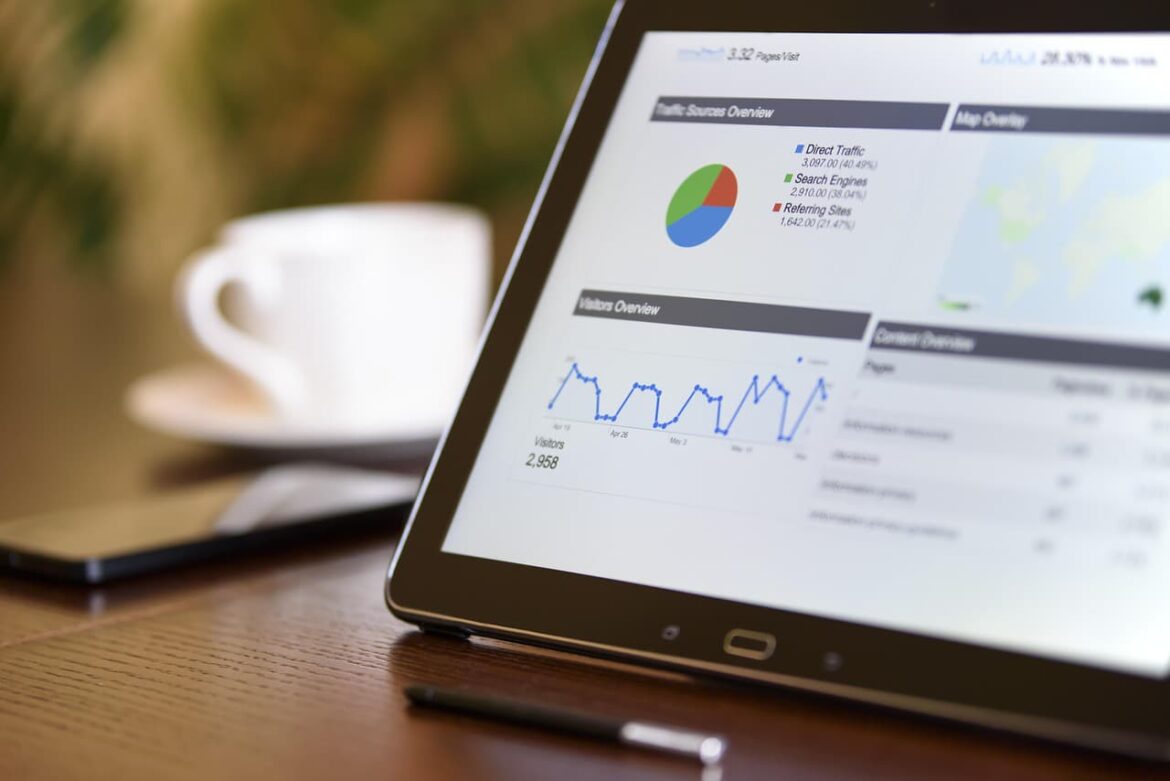Here’s the thing about blogging that nobody talks about: most people are just throwing content at the wall and hoping something sticks. They write posts, hit publish, and cross their fingers. They forget analytics changes everything. It’s the difference between guessing what your readers want and actually knowing what makes them tick.
Know Your People (Really Know Them)
You think you know who reads your blog, but do you really? Google Analytics will tell you things that might surprise you. Maybe you thought your audience was mostly young professionals, but it turns out 40% of your readers are over 50.
Or perhaps you assumed everyone was reading on desktops, when actually 70% are scrolling through on their phones during their morning commute. This stuff matters more than you’d think. With analytics, a simple change can have a huge impact.
Track What Actually Works (Not What You Think Works)
Here’s where most bloggers mess up: they write what they want to write instead of what their audience actually reads. Analytics fixes this problem by showing you which posts are home runs and which ones strike out. Top online casinos figured this out years ago. They don’t just launch games and hope people play them.
They track everything.
- Which games get clicked?
- How long people play,
- What bonuses make players come back for more?
Some casinos, especially those found https://bonusy-bez-depozytu.pl/darmowe-spiny/, use detailed analytics to optimize their bonus offerings, tracking which promotions actually convert browsers into players.
Bloggers need to think the same way. If your “10 Tips for Better Sleep” post gets shared 500 times while your personal essay about morning routines gets crickets, that’s data talking. Maybe your audience wants practical advice more than personal stories.
Or maybe they love lists but hate long-form content. The key is testing variations. If a certain headline format works, try it again with different topics. If videos keep people on your page longer than text posts, make more videos. Let the numbers guide your content strategy instead of your gut feelings.
Figure Out Where Your Traffic Really Comes From

Not all traffic is created equal, and analytics breaks this down beautifully. Search traffic tends to be high-quality; people found you because they were looking for exactly what you offer. Social media traffic can be great for brand awareness, but it might not stick around as long.
Direct traffic usually means you’ve got loyal readers who bookmark your site.
If LinkedIn is working for you, spend more time there. If organic search is your bread and butter, invest in SEO. Don’t spread yourself thin across every platform just because you think you should.
Turn Browsers into Subscribers (Or Whatever You Want)
Traffic is nice, but conversion is better. Whether you want newsletter signups, course sales, or affiliate clicks, analytics shows you exactly how well you’re converting visitors into whatever action matters to your business.
Sometimes tiny changes make huge differences. Moving a newsletter signup from your sidebar to the end of your posts. Changing “Subscribe” to “Get my best tips.” Offering a free PDF guide instead of just asking people to join your list. A/B testing lets you try both versions and see which one actually works instead of guessing.
Set Goals That Actually Mean Something
Too many bloggers chase hollow stats like raw page views without asking what those digits actually deliver. Analytics lets you lock in meaningful targets and watch real progress unfold.
Perhaps you aim to add 100 email subscribers every month, stretch average session time by half a minute, or 2× your affiliate revenue before New Year’s. Whatever defines success for your blog, analytics can chart the course and confirm you’re heading the right way.
Without yardsticks, you’re stockpiling random numbers that never speak. With precise goals, every metric turns into clear, usable insight.
The Bottom Line
Solid bloggers craft great posts. Savvy bloggers let data sharpen those posts. The elite do both. Analytics isn’t about drowning in spreadsheets or obsessing over digits; it’s about spotting what resonates, doubling down on it, and quietly dropping what doesn’t.
Your audience is already voting with every click, share, and lingering second. Analytics simply translates those votes into a playbook you can act on.







